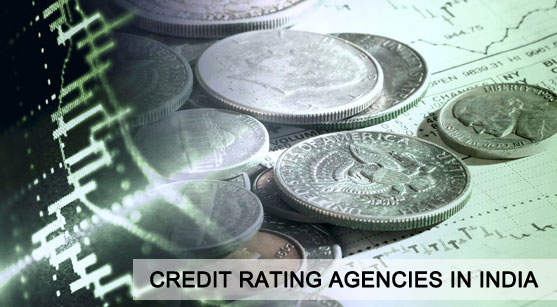Credit information companies in India rely completely on information that is provided to them by their member banks and financial institutions. CIBIL is the premier credit information company in India and already caters to millions of individuals and business entities. Due to the sheer volume of information it collects from the banks, there are chances that your records don’t get updated correctly or as quickly as they should as per RBI guidelines. Similarly, it would be unfair to assume that all banks perform their duties very precisely with absolutely no errors. The occurrence of such issues is rare, but there are many such cases that have been brought to light in India.
These issues are not noteworthy to CIBIL and the banks, but for common people like us, it can create a huge financial and legal mess. It is, therefore, important for you to be determined and vigilant about your credit scores and reports to be maintained correctly. How do you do this? The process is quite simple – you ensure you obtain your credit report at least once a year and check your score and all the other details in it very minutely. The moment you find something incorrect, some information missing or fraud activity in your name in the report, you should leap into action and get as much information about them as possible.
Let us, for example, assume you have an auto loan that was opened in 2012 and has another 5 years to run. You have set up a bank mandate for auto-clearance or ECS scheme under which your payments are electronically collected by the lending bank from your funding bank each month on a specific date. In the past year, the account from which you pay the EMI was compromised, and hence you requested a different account to be allocated to you. The bank did do that and you provided the new bank details along with the relevant “change in payment account” forms to the loan bank. The latter, however, failed to update their records due to which the payments have not been collected at all in the past few months. The consequences of these late payments are horrendous on your credit score – they drop dramatically. Plus you are harassed by collection agents for absolutely no fault of yours.
So, what do you do in such cases? Here are a few ideas for you:
-
You approach the lending bank and ask them to amend their records immediately, asking them to collect the outstanding amount and collect the future payments on time based on the ECS mandate you have issued the lending bank.
-
Request the bank to expunge all negative records on your credit report which would have been added due to the non-payment and negative information they would have sent to CIBIL.
-
Escalate the matter to CIBIL if the bank does not co-operate and they will in turn remind the bank. CIBIL just passes on our request to the bank and only reports what the bank has to say – consumer has no say in the matter other than legal recourse if the bank does not agree to the consumer’s claim.
-
Approach the financial and/or bank ombudsman in India if the bank refuses to make the changes on time and makes all reports to get your credit score to back where it was.
Many customers have already benefitted by being alert and contacting their banks, CIBIL, legal counsel and the ombudsman immediately. The key to succeed in correcting your report lies in speed, observation and determination.






